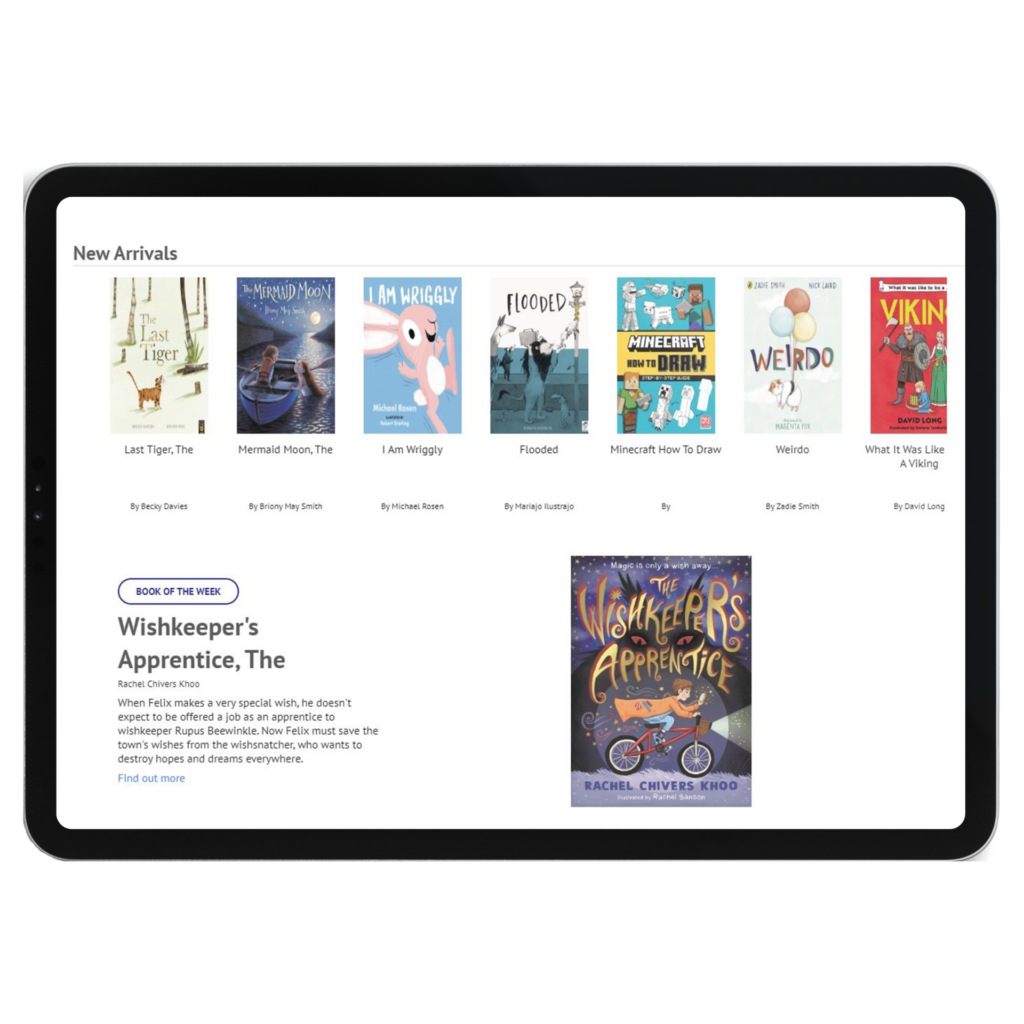Using library resources to encourage independent reading
School libraries are an essential part of a student’s education experience, playing a crucial role in fostering independent reading amongst other skills.
Independent reading is not just a pastime but a vital element of literacy development, contributing significantly to a student’s cognitive and emotional growth. With the advent of digital library management platforms like Reading Cloud, promoting and supporting independent reading has become more streamlined and engaging.
In this blog, we explore the benefits of independent reading and how Reading Cloud nurtures this skill through its easy access tools that can help personalise the reading experience.


Why is independent reading an important part of education?
Independent reading is a cornerstone of a well-rounded education. It allows students to explore new ideas, cultures, and perspectives, broadening their understanding of the world. Unlike structured classroom reading, independent reading offers students the freedom to choose what they want to read, fostering a love of literature and lifelong learning. This self-directed learning process encourages students to become proactive learners, developing critical thinking and analytical skills as they interpret and evaluate different texts.
Increased vocabulary
Reading independently also enhances vocabulary and language skills. As students encounter new words and phrases in various contexts, they learn to understand and use them more effectively. This exposure to diverse genres and writing styles improves their comprehension and communication abilities.
Emotional development
Independent reading helps in building empathy and emotional intelligence as students experience life through the characters and stories they read. Putting oneself in the “shoes” of another is a key aspect of everyday life. Understanding others reduces misunderstandings and encourages personal growth.
Promoting independent reading with digital platforms like Reading Cloud
Digital library management solutions like Reading Cloud have revolutionised the way students access and engage with library resources. Reading Cloud offers students access to all the school’s print and digital resources in one place, and now includes access to Project Gutenberg’s extensive collection of over 70,000 eBooks. This accessibility ensures that students have a plethora of quality reading materials at their fingertips, catering to all interests and reading levels, and helping to bridge the gap between inequalities such as students having no access to books at home.


Community-driven reading
Reading Cloud’s features, such as blogs, reviews, and recommendations, play a pivotal role in promoting independent reading. Students can write and read book reviews, sharing their thoughts and opinions with peers. This interaction not only enhances their writing skills but also creates a community of readers who inspire each other. The “What Next?” feature is particularly valuable, suggesting new books based on previous reading choices. This personalised recommendation system helps students discover new genres and authors, keeping their interest in reading alive.
Tailor the homepage to your needs
Reading Cloud’s ability to customise the library homepage allows librarians and educators to highlight specific books, themes, or reading initiatives. During World Book Day or other literary events, schools can spotlight genres or authors, encouraging students to explore new literary landscapes. In March, the homepage could highlight women in literature, to coincide with National Women’s Day on the 8th of March, for example. This dynamic and interactive approach ensures that reading remains a vibrant and integral part of the school culture.


How is independent reading a part of literacy development?
Independent reading is a crucial aspect of literacy development. It complements classroom instruction by providing students with the opportunity to practice and refine their reading skills at their own pace. As students engage with texts independently, they learn to navigate complex narratives and develop an understanding of literary devices and techniques. This self-guided exploration strengthens their comprehension and analytical abilities.
Fundamental developmental skills
Independent reading helps in developing a student’s ability to synthesise information and form their own interpretations. It encourages them to question and critically evaluate the content they read, fostering a deeper understanding of the material. This critical engagement is a fundamental skill, not just for academic success but also for informed citizenship in a rapidly changing world.
The role of digital platforms like Reading Cloud in supporting this aspect of literacy development cannot be overstated. The platform provides tools and resources that guide students in their reading journey. Features like reading lists, created by teachers or the students themselves, offer structured guidance while still allowing for individual choice. These lists can target specific learning objectives, such as enhancing comprehension skills or expanding vocabulary.
Incorporating Blogs, Reviews, and Recommendations
Blogs, reviews, and recommendations are integral features of Reading Cloud that significantly enhance the independent reading experience. By encouraging students to write blogs or reviews about the books they have read, schools can foster a culture of reflective thinking and expression. Writing reviews helps students to articulate their thoughts, providing a platform for critical analysis and personal reflection.
The recommendation system, bolstered by peer reviews, adds another layer to the reading experience. When students see their peers engaging with and enjoying certain books, they are more likely to pick up those books themselves. This peer influence is a powerful motivator, making reading a shared and social experience. Moreover, the presence of a community of reviewers creates a sense of accountability and validation, motivating students to engage more deeply with their reading.
Access to Project Gutenberg and other resources
One of the standout features of Reading Cloud is its integration with Project Gutenberg, providing students access to a vast collection of over 70,000 free eBooks. This access is invaluable for schools, particularly those with limited physical library resources or space. It ensures that every student has the opportunity to explore a wide range of diverse literature and classic works.

Expansive eBook accessibility
In addition to Project Gutenberg, Reading Cloud’s partnership with eBook providers like OverDrive expands the digital library, offering even more diverse reading materials. This extensive range of resources ensures that students can find books that match their interests and reading levels, making independent reading a more inclusive and accessible activity. This is in addition to managing physical books in a school’s library, allowing all types of readers to engage how they want.
Why is Reading Cloud the choice for your school library?
Leveraging library resources through digital library management platforms like Reading Cloud significantly enhances the promotion and support of independent reading in schools. By providing access to a wealth of digital literature, facilitating peer-to-peer interactions, and offering personalised reading recommendations, Reading Cloud empowers students to take charge of their reading journey. This engagement not only fosters a love for reading but also develops critical thinking skills that are essential for academic and personal growth.
Ready to transform your school library?
Don’t miss out on the opportunity to elevate your students’ library experience. If you’re not yet part of the Reading Cloud family, now is the perfect time to find out more about what we can offer your school. Book a no obligation demo with one of our expert Sales team today and discover how Reading Cloud can transform your school library.

